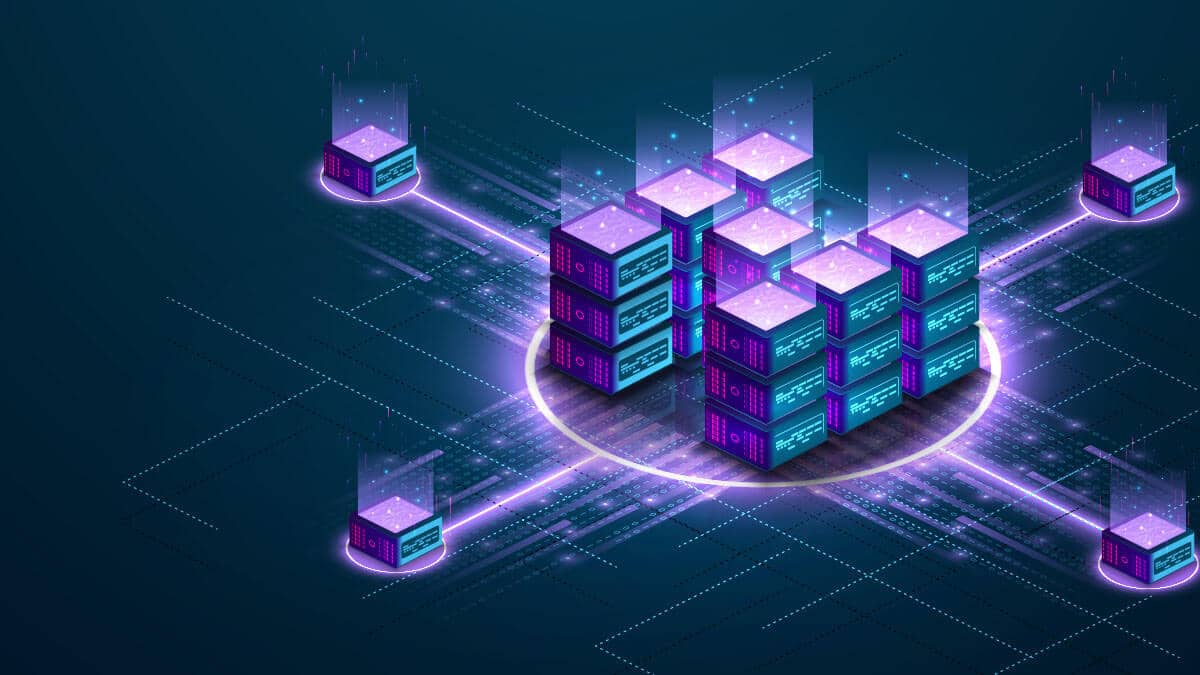4246 Insights
Your source for the latest news and information.
Cryptocurrency's Unseen Backbone
Discover the hidden forces powering cryptocurrency and unlock the secrets behind the blockchain revolution!
Understanding Blockchain Technology: The Core of Cryptocurrency
Blockchain technology is the foundational structure that powers cryptocurrencies like Bitcoin and Ethereum. At its core, a blockchain is a decentralized and distributed ledger that records all transactions across a network of computers. This decentralized approach ensures that no single entity has control over the entire network, which enhances security and transparency. Each transaction is grouped into a 'block' and linked to the previous one, forming a chronological chain. This immutability makes it extremely difficult for anyone to alter or manipulate the data without consensus from the network participants.
Understanding blockchain requires recognizing its key components: nodes, transactions, and consensus mechanisms. Nodes are the individual computers that maintain a copy of the entire blockchain and validate new transactions. Transactions are coded in a secure format to protect against fraud, while consensus mechanisms, like Proof of Work or Proof of Stake, are protocols that ensure all nodes agree on the current state of the blockchain. Together, these elements create a robust framework that allows for decentralized finance, smart contracts, and various applications beyond just cryptocurrencies.

How Smart Contracts Are Revolutionizing the Cryptocurrency Landscape
Smart contracts are self-executing contracts with the terms of the agreement directly written into code. They operate on blockchain technology, ensuring that transactions are tamper-proof and transparent. This revolutionary approach eliminates the need for intermediaries, reducing costs and speeding up processes. As industries begin to adopt smart contracts, we witness a paradigm shift where trust is established through code rather than relying on third parties. From finance to supply chain management, the efficiency gains realized through smart contracts are driving significant interest among businesses and investors alike.
The impact of smart contracts on the cryptocurrency landscape cannot be overstated. One of the most prominent examples is the surge in Decentralized Finance (DeFi) applications, which utilize smart contracts to create protocols for borrowing, lending, and trading without traditional financial institutions. This growth has democratized access to financial services, empowering individuals worldwide. Moreover, as more platforms embrace smart contracts, they pave the way for innovative use cases, including automated royalties for artists, transparent voting systems, and secure identity verification, thus reshaping the future of multiple sectors.
What Are Decentralized Finance (DeFi) Platforms and Why Do They Matter?
Decentralized Finance (DeFi) platforms represent a revolutionary shift in the financial landscape, utilizing blockchain technology to create an open and permissionless ecosystem for financial services. Unlike traditional finance, which relies on intermediaries like banks and brokers, DeFi leverages smart contracts to facilitate transactions directly between users. This means individuals can borrow, lend, trade, and earn interest on their assets without the need for a centralized authority. The key features of DeFi include transparency, accessibility, and a wide range of financial products that cater to diverse user needs.
The significance of DeFi platforms extends beyond mere convenience; they empower users by providing greater control over their financial assets. Traditional financial institutions often impose high fees and restrictive policies, but DeFi platforms allow anyone with an internet connection to participate in the global economy. Furthermore, by removing intermediaries, DeFi reduces the risk of centralized points of failure, increasing the resilience of financial systems. As the DeFi ecosystem continues to evolve, its potential to democratize finance and foster economic inclusivity makes it an important development worth watching.